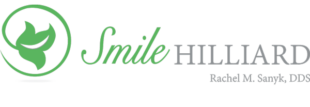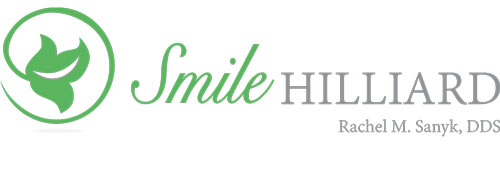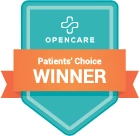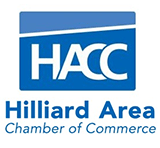Oral Hygiene Education
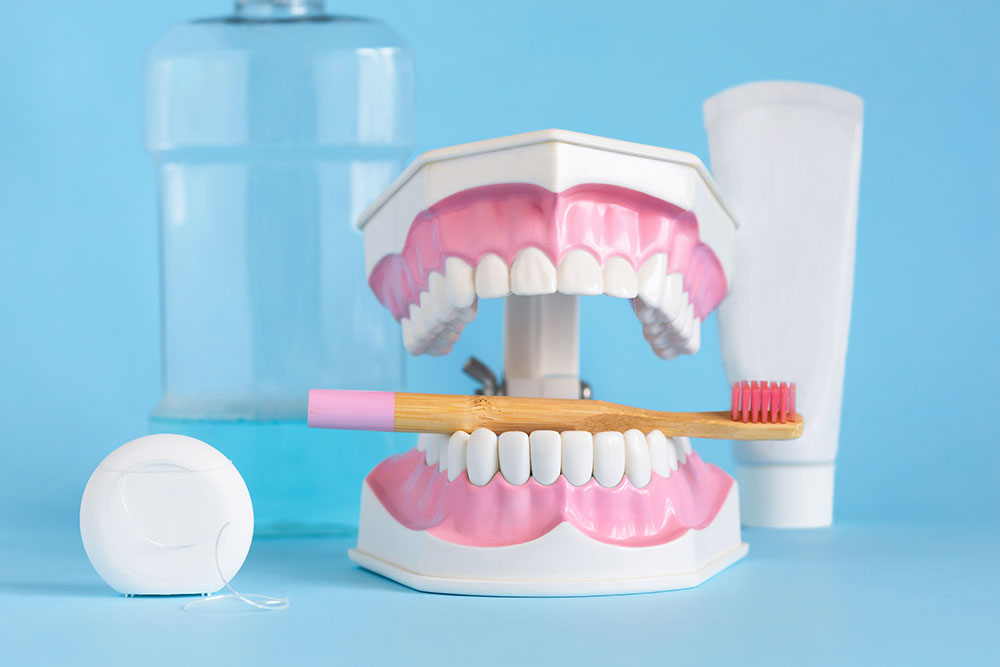
Our Approach to Oral Hygiene Education
We take pride in doing more than a simple checkup and cleaning when we see our patients. Home dental care education is typically done as part of our complete oral examinations, which allows us to evaluate the effectiveness of your at home routine and educate you on areas where you can improve. This could be anything from educating on proper flossing and tooth brushing techniques to recommendations on restricting acidic foods or eliminating bad habits like smoking.
Additionally, Smile Hilliard is a patient-focused practice, built on the relationship between the doctor and the patient. As a result, we don’t simply tell our patients what to do but rather involve them in their care, listening to their needs and concerns and educating them on how they can positively impact their oral health.
Recommended At Home Care
While every patient is different, we generally recommend the following oral hygiene best practices and at home care to our patients:
- Brush your teeth thoroughly and properly at least twice per day – Take your time when brushing, and move the toothbrush in small, circular motions to gently remove plaque build-up. Two minutes, or 30 seconds per quadrant of your mouth, is a good rule of thumb for a thorough brushing.
- Floss your teeth at least once per day – Flossing is just as important as brushing, as it clears away tiny pieces of food that a toothbrush can easily miss, and stimulates the gums, helping to decrease inflammation. Proper flossing should also take about 2 minutes to complete, so take your time and wrap the floss around each side of every tooth.
- Use the right tools at home – Dr. Sanyk may recommend special home care based on your oral health and recommended treatment plan. For example, she may recommend a special toothpaste for a patient with high risk for decay or the use of a night guard for someone who grinds their teeth. Always take these recommendations seriously and do your best to follow them at home.
- Drink more water – Water helps to wash away remnants from acidic beverages (like coffee) and foods, so drink plenty of water after meals and coffee breaks.
- Visit your dentist on a regular basis – It is recommended that most adults and children see their dentist for a routine exam and cleaning twice per year, and those with special conditions may need to visit more often.
